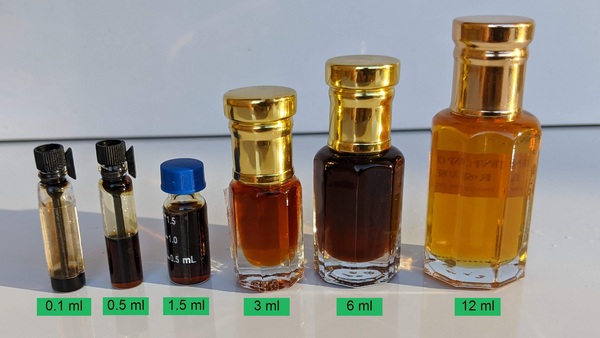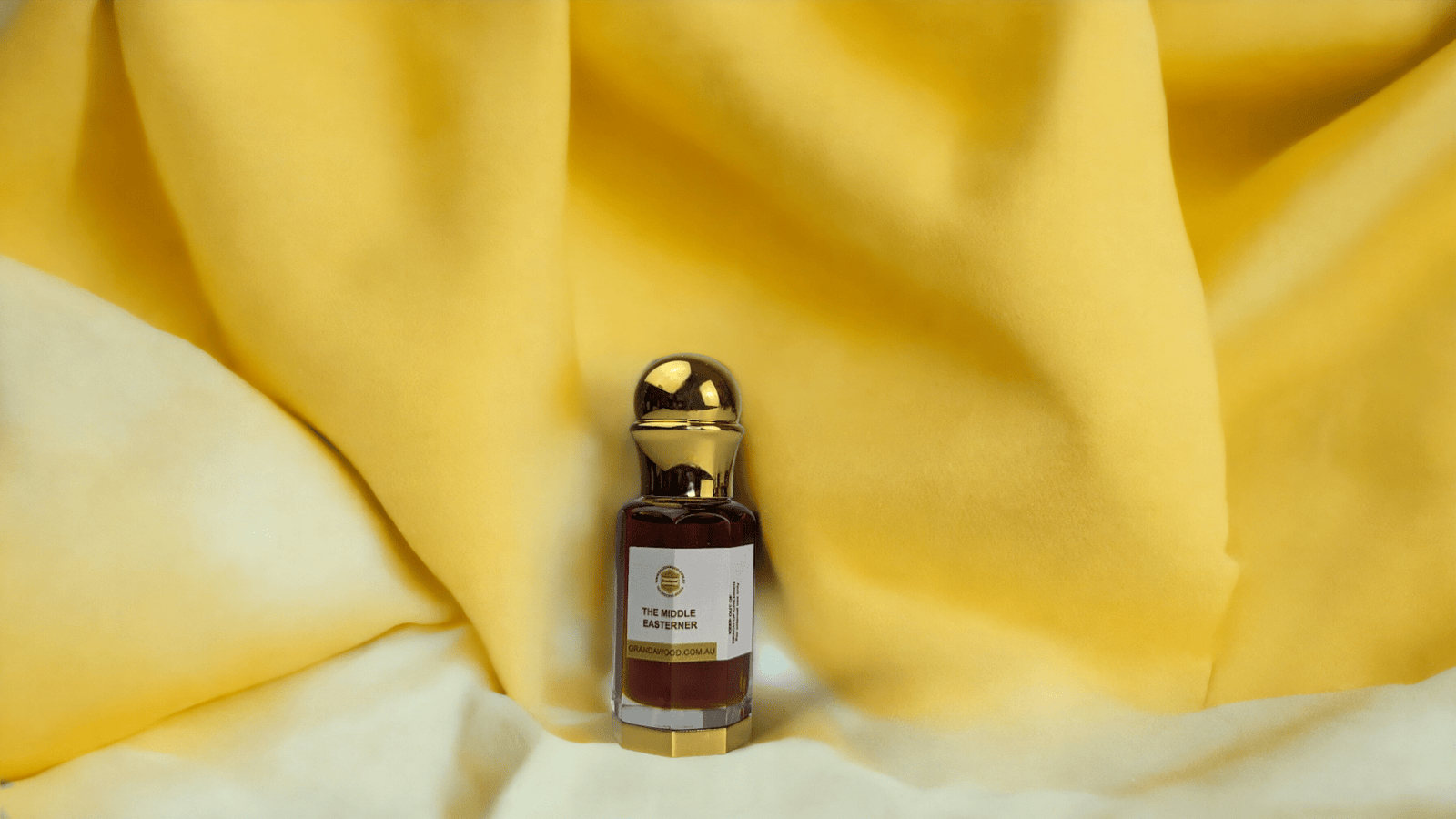
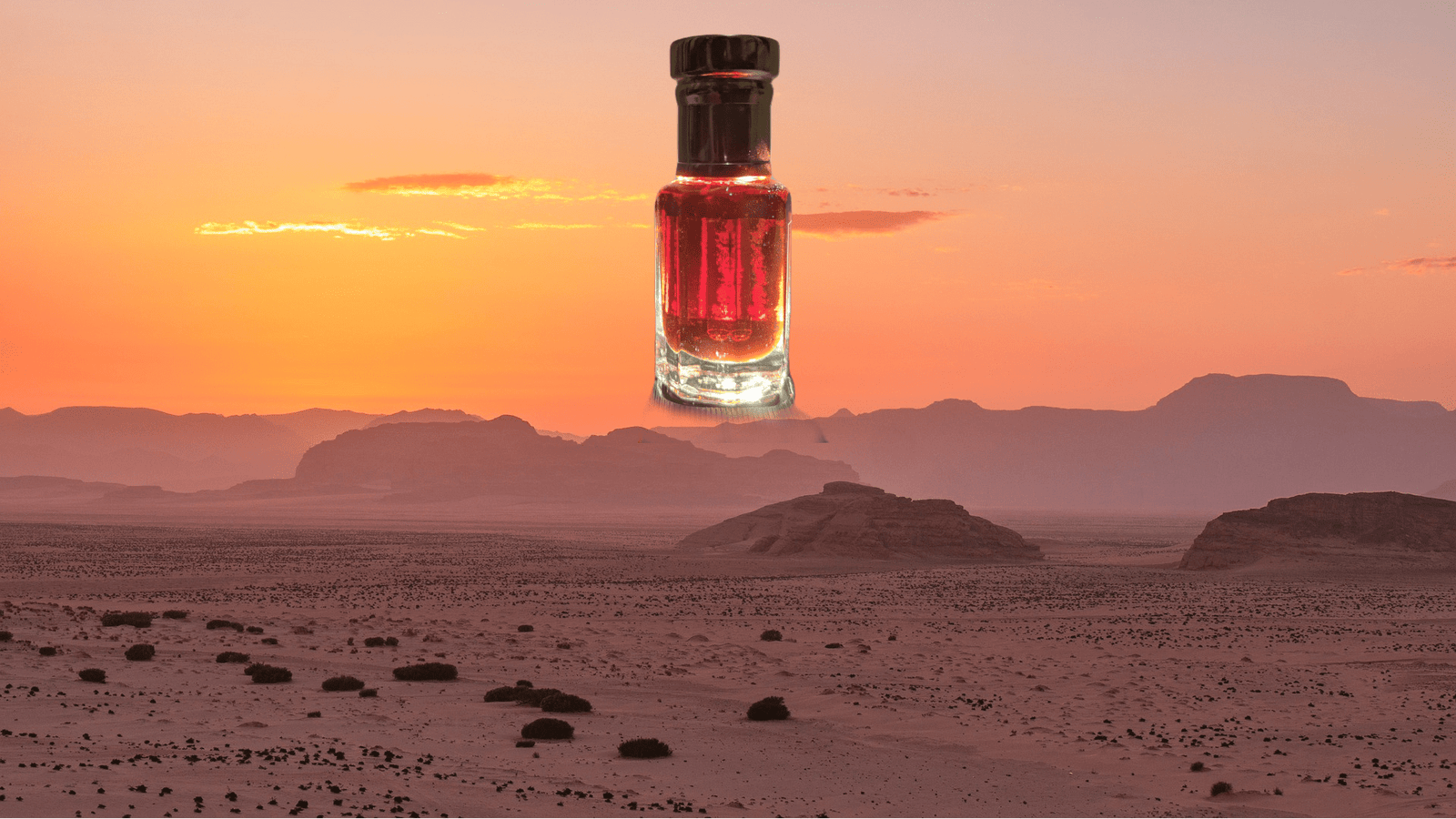
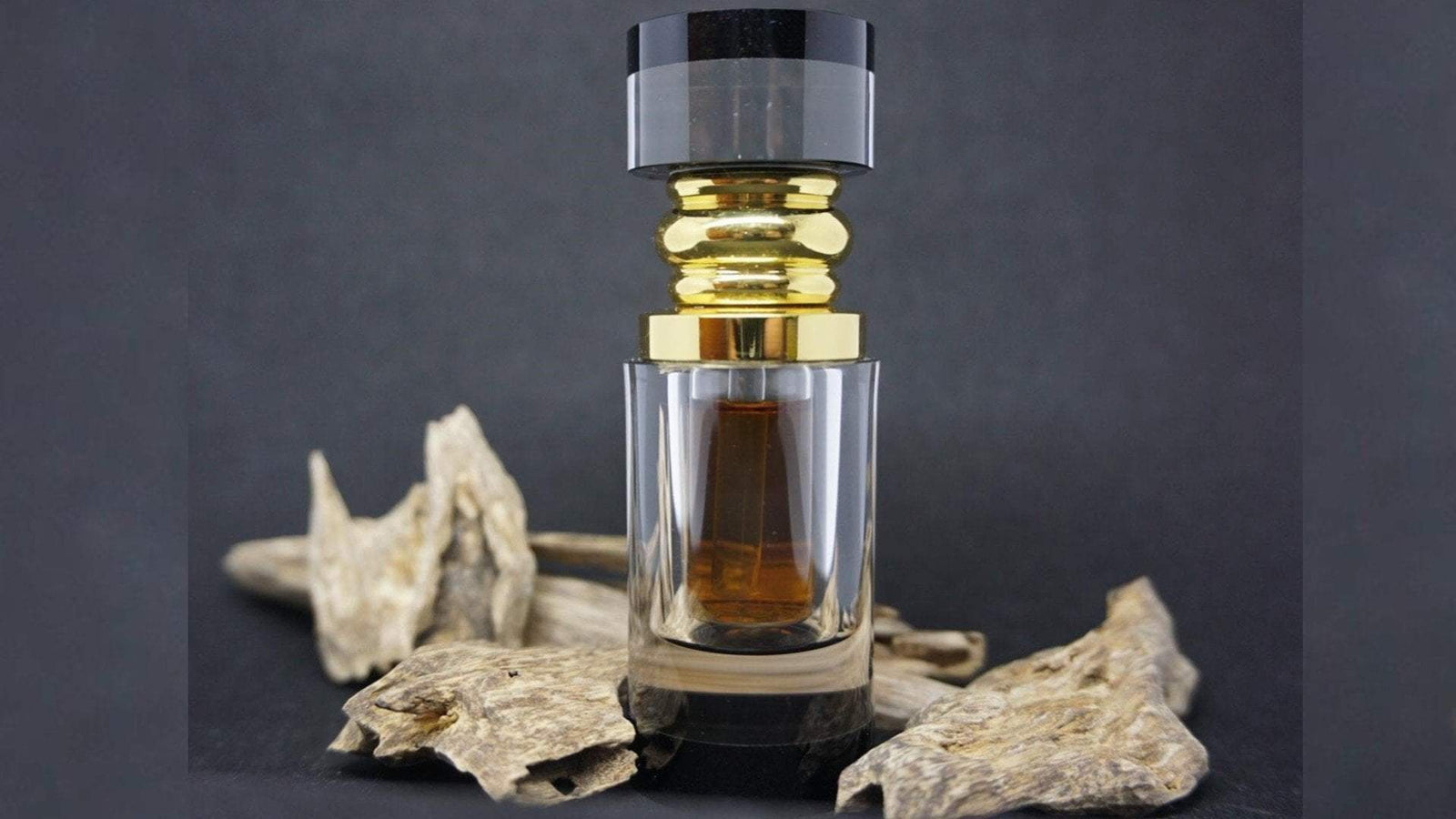
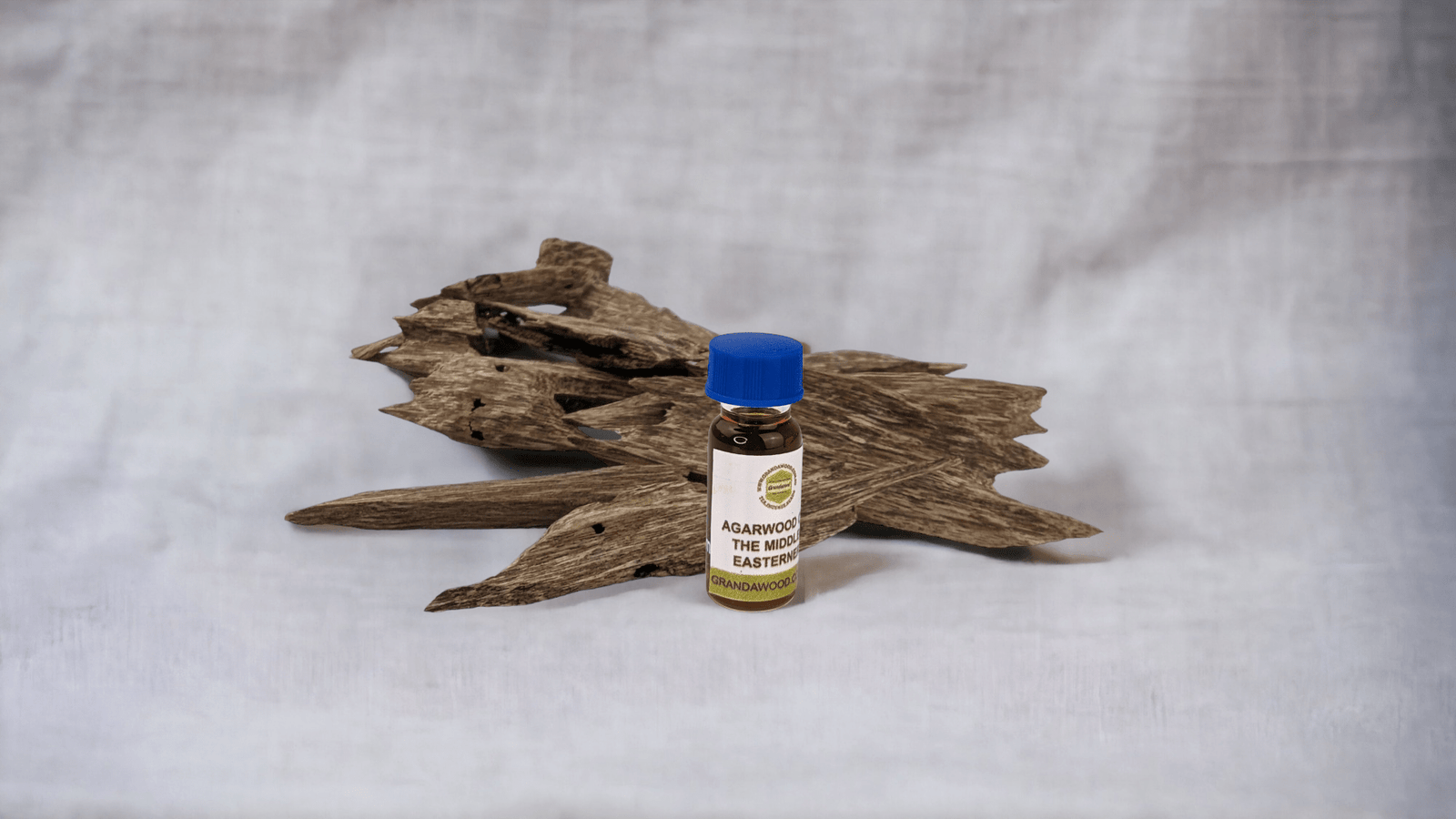
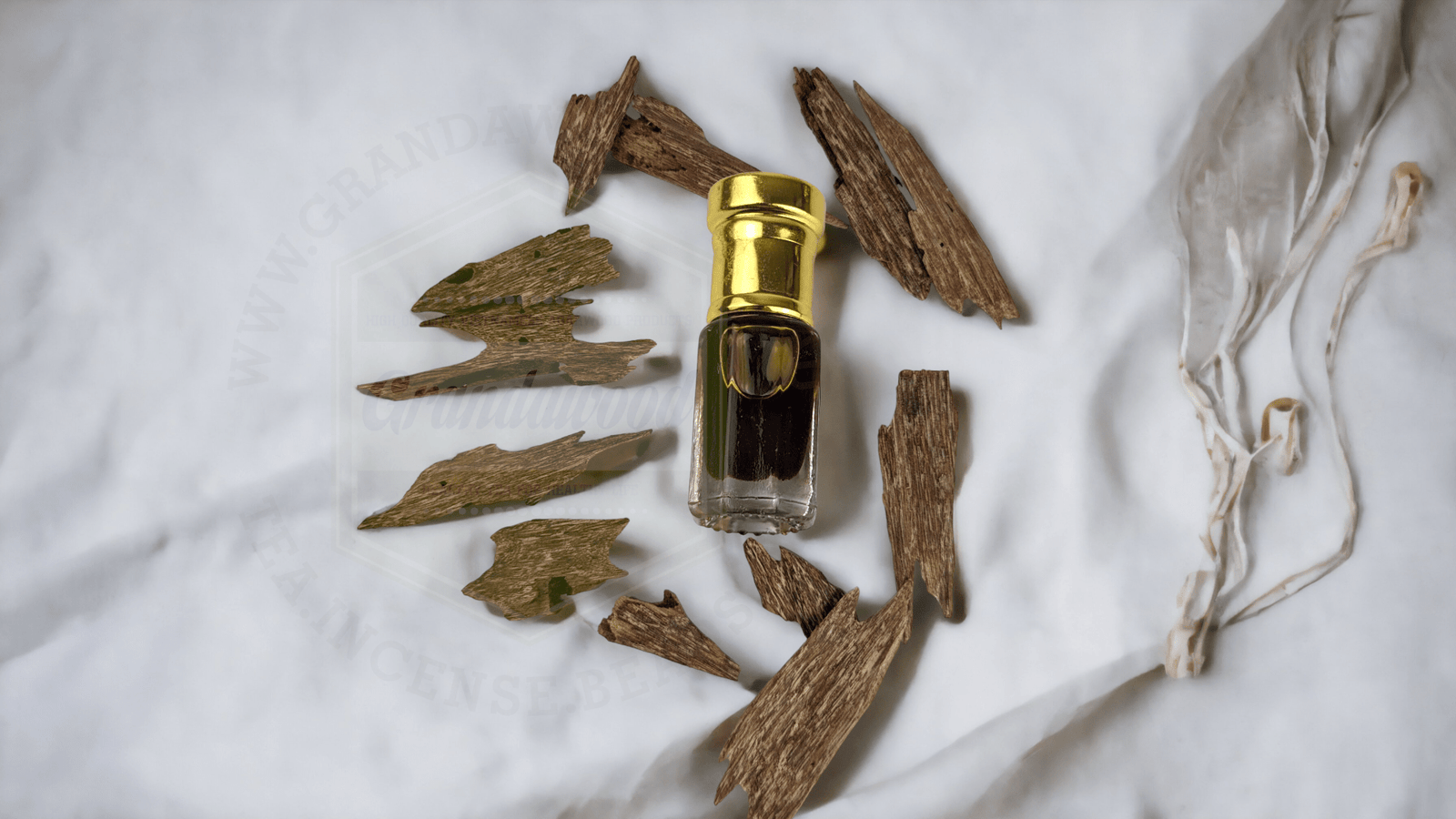
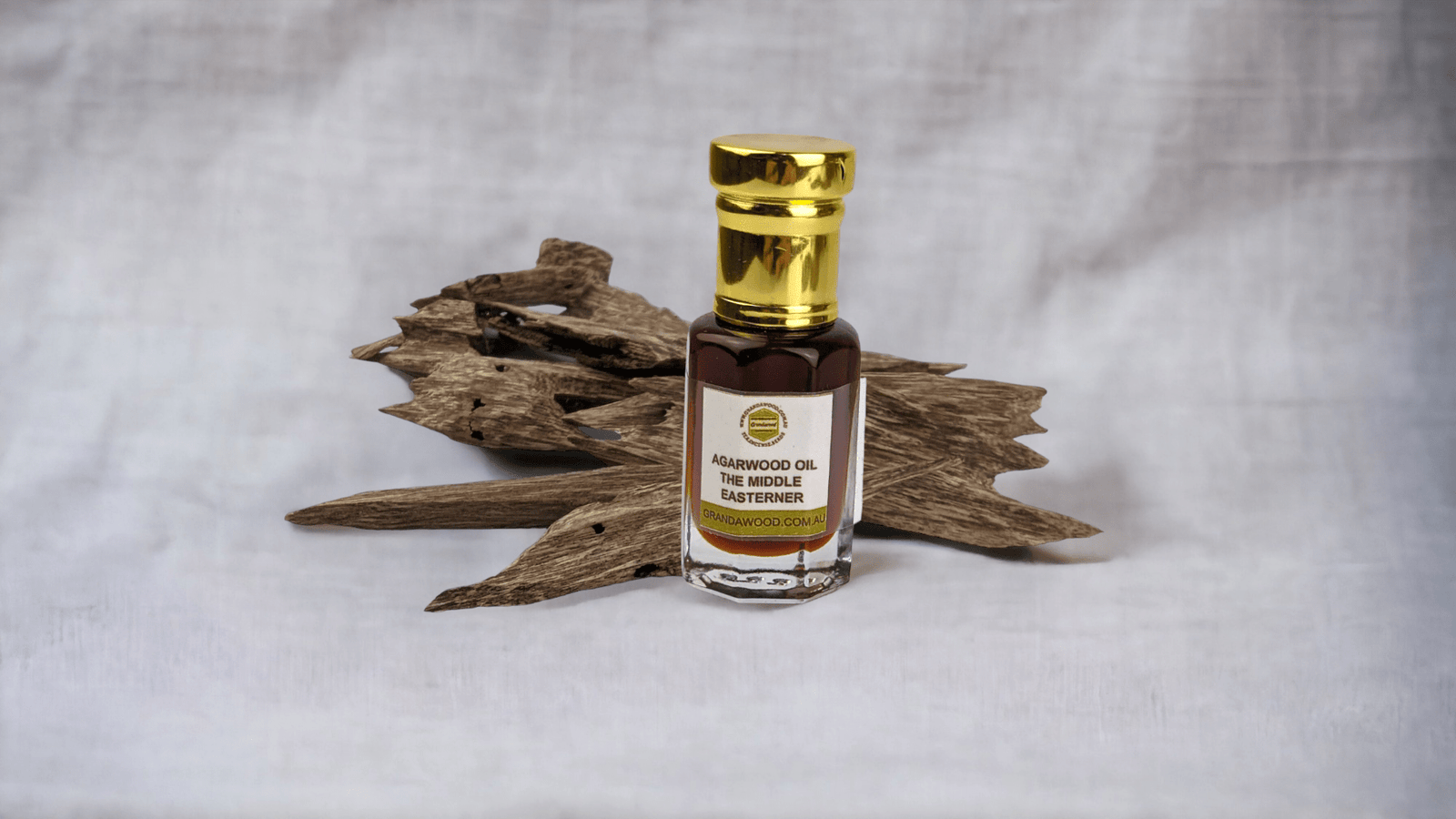
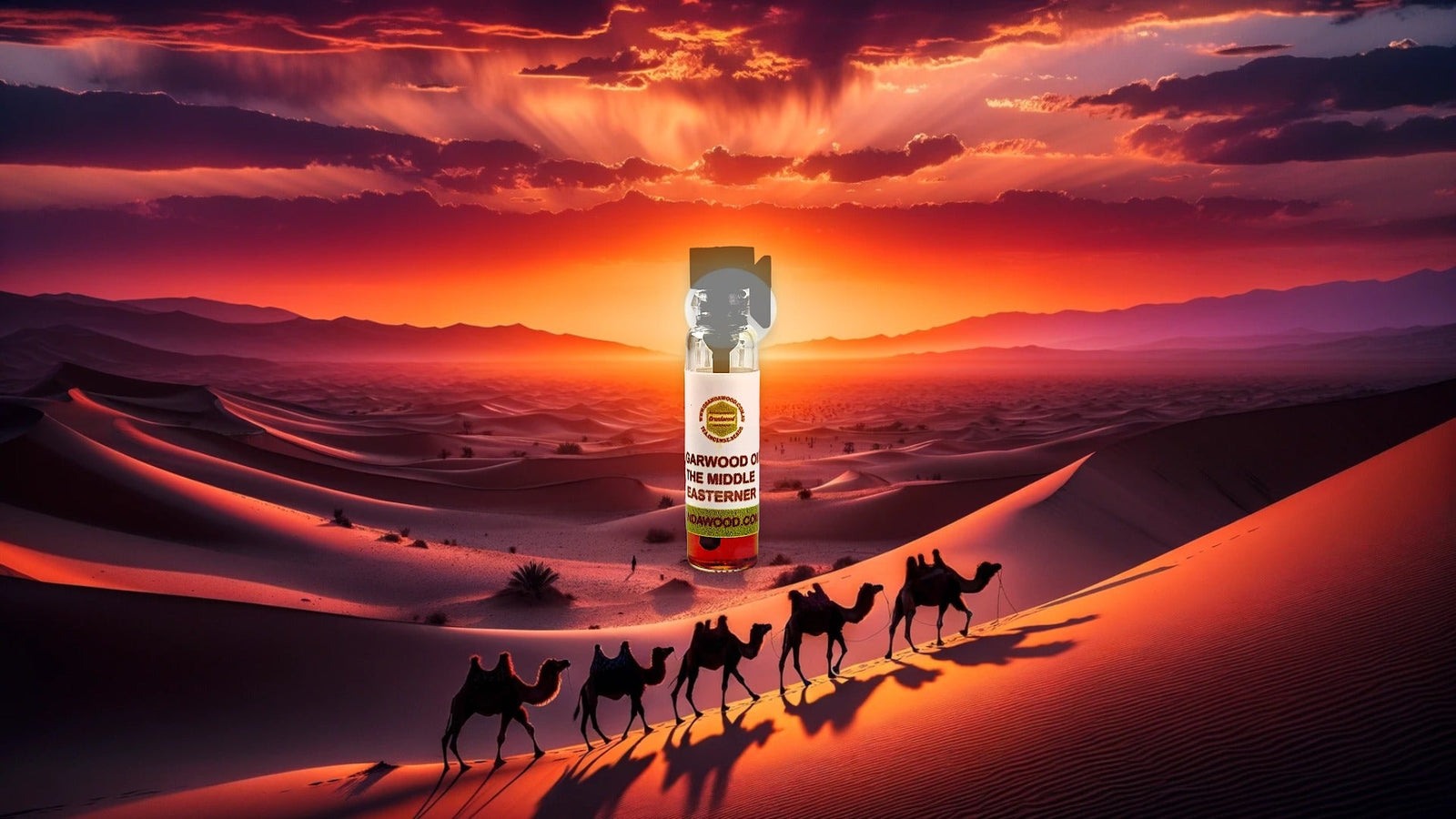
100% Pure Cultivated Agarwood Oil (Oud) Specialty- The Middle Easterner
For a quick guide to our Oud oil, click HERE
Imagine this...
You are on the road for a getaway trip.
When you are driving past the countryside, you notice rich, fresh air with many cool breezes.

These cool breezes carry different aromas: floral, woody, and many hints of farm-like scent. You take a deep breath.
How do you feel?

As you continue driving, you pass a farm teeming with cattle; once more, you inhale deeply, detecting a more pronounced, distinct "barnyard" aroma.

One time, I was on a trip with many friends. One asked, "Why does this sh!t smell so good?"
The manure that the farmer spread to fertilise their land could be hay that fed them or a mix of both. Regardless, when the breeze came, the smell went into air, and this particular smell was called barnyard. Some people love it; others don't.
This Oud has the barnyard aroma.
Why am I telling you this?
Because this is one of the characteristics of this oil, and it can be controversial. Some customers told me that:
"I washed their hands ten times with soap and the smell was still on, I couldn't get rid of it".
Then occasionally, many people loved it. One of the feedback I received from a gentleman living in Holland Park told me:
"it was so great; I used it on my prayer mat. Every time I prayed, I dabbed it on my clothes and mat. I felt a good connection with God."
Fermented without rotten egg note? Yes, it is possible.
Something fermented usually smells like a rotten egg. It is known as hydrogen sulphide (H2S).
Usually, a rotten egg note triggers our brain. It signals your brain that something has reached the expiry date or gone bad.
Because of this reason, you may not like this unpleasant note.
But you love fermented notes, so you tried to put up with it.
What if I tell you that this oil only contains what you love without the H2S?
What would happen if you could smell this oud all day and night with this "clean" fermented note?
Want to know what makes it possible?
Here is our secret weapon
The Copper pots.

Using copper pots would hinder the growth of bacteria and "neutralise" the formation of sulphur compounds. These sulphur compounds are formed from the fermented pulverised oud wood submerged in water. This formation creates a not-so-attractive scent.
The copper will "clean" and "filter" this issue for you, leaving only the finest fermented woody scent that you have been looking for. This unique copper-made pot improves the final oud oil odour, making it addictive without the smell of rotten eggs.

Warning
This oil is NOT for someone relatively new to oud as they would not last for 5 seconds.
However, if you are from the Middle East and love something "fermented", you know what we are talking about: this oil is for you.
Or if you were living in the countryside, you loved the cattle and the smell of manure, which were very different from dogs and cats, you might like this oil.
Rich, intense and addictive, if you got hooked on our Sacred Prayer oil, you would love this because it is financially and environmentally friendly. Designing for Middle Eastern clients who demand thick, dark, woodsy aromatic oud oil, and yes, they have a long history of oud use.
This oil was "brewed" (cured) in control from 1 week of soaked pulverised cultivated agarwood. This process gave it the first stinky (known as creamy barnyard, as many customers described it) but addictive top note, an excellent smooth animalic. Approximately 3 minutes later, the "stinky" note dried up, leaving the strangely addictive woody ouddy.
Compared to Sacred Prayer, the animalic will smoothly transit to a crisp, sweet, woodsy note with a floral hint when applied to the skin. Not too offensive, it is exceptionally well balanced, and the animalic accord gives a fantastic and addictive result.
"One sniff becomes two, and two becomes three, and later, everyone in a prayer room is using it" – Ibrahim, a Kuwaiti client.
Very stimulating, mind-triggering Oud oil from the Thai and Laos Agarwood Plantation border.
Future sustainable agarwood source, currently over 150,000 wounded Aquilaira trees from our partner in Thailand and Laos, enough supply for 20 years ++
Want more feedback?
Rob Blandford is a fragrance reviewer. Check him out on his Instagram
Source: Instagram @roblovesperfume









